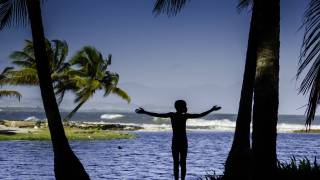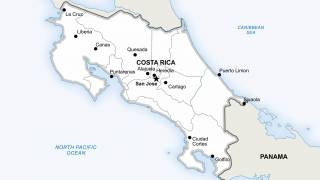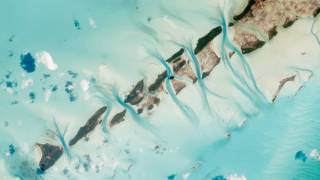Bahamas Travel Advisory Updated

The Level 2 Travel Advisory for the Commonwealth of the Bahamas has been updated by the US Department of State.
The State Department reissued this ‘Exercise Increased Caution’ advisory on November 26, 2019, focused on Freeport, Grand Bahamas.
The updated advisory says ‘Although the family islands are not crime-free, the vast majority of crime occurs on New Providence and Grand Bahama islands. U.S. government personnel are not permitted to visit the area known by many visitors as the Sand Trap area in Nassau due to crime.’
‘Activities involving commercial recreational watercraft, including water tours, are not consistently regulated. And, jet-ski operators have been known to commit sexual assaults against tourists.’
As a result, U.S. government personnel are not permitted to use jet-ski rentals on New Providence and Paradise Islands.
The US State Department says if you decide to travel to The Bahamas, you should take the following preventive actions:
- Do not answer your door at your hotel/residence unless you know who it is.
- Do not physically resist any robbery attempt.
- Enroll in the Smart Traveler Enrollment Program to receive Alerts.
- U.S. citizens should always have a contingency plan for emergency situations, such as this Traveler’s Checklist.
- The U.S. Embassy Nassau can be reached at P.O. Box N-8197, #42 Queen Street, Nassau, The Bahamas. Contact points are (242) 322-1181 and acsnassau@state.gov
Previously, the UK’s Foreign and Commonwealth Office (FCO) advised on October 1, 2019, ‘against all but essential travel to Grand Bahama and the Abaco Islands. However, travel to other islands of The Bahamas is unaffected.’
These advisories are related to Hurricane Dorian’s impact in the Bahamas, which occurred during early September 2019. Parts of the Bahamas, including the Abacos and Grand Bahama Island, were severely affected by Hurricane Dorian.
A total of 69 fatalities have been confirmed and 4,861 evacuees have been registered by the Bahamas Department of Social Services.
UNICEF has received $3.5 million in contributions through UNICEF's National Committees in the United States, the Netherlands, Denmark, France, and the United Kingdom to ensure full implementation of water resources by mid-December 2019.
Although the water network in Grand Bahama is back in operation, the salinity of water in the wells is still high as freshwater aquifers were infiltrated with saltwater. The water currently provided by the network is not safe for drinking but can be used for bathing and household hygiene.
The Water and Sewage Corporation is making progress in getting the Abaco water system back online. As of late November, only 1 out of 11 systems is not operational. However, 50 percent of the operational systems are running intermittently and rely on generators that were severely damaged by Dorian, and are not designed to be running full time.
Hence there is a high risk of failure and temporal black-outs of water supply across the island.
From a health-risk perspective, the US Centers for Disease Control and Prevention (CDC) updated its travel vaccine suggestions for The Bahamas on August 2, 2019. The CDC also suggests visitors to the Bahamas bring various medicines and supplies.
Furthermore, UK health authorities have classified the Bahamas as having a risk of Zika virus transmission, and cases of Chikungunya and Dengue viruses have been confirmed in the Bahamas.
Bahamas travel news published by Vax Before Travel
Our Trust Standards: Medical Advisory Committee
























